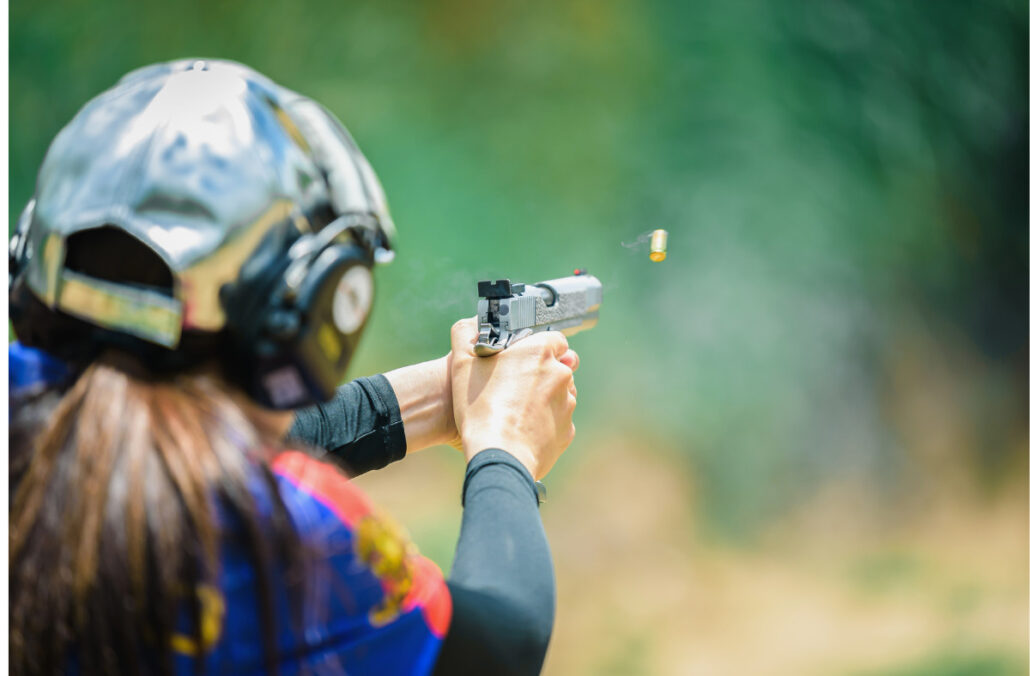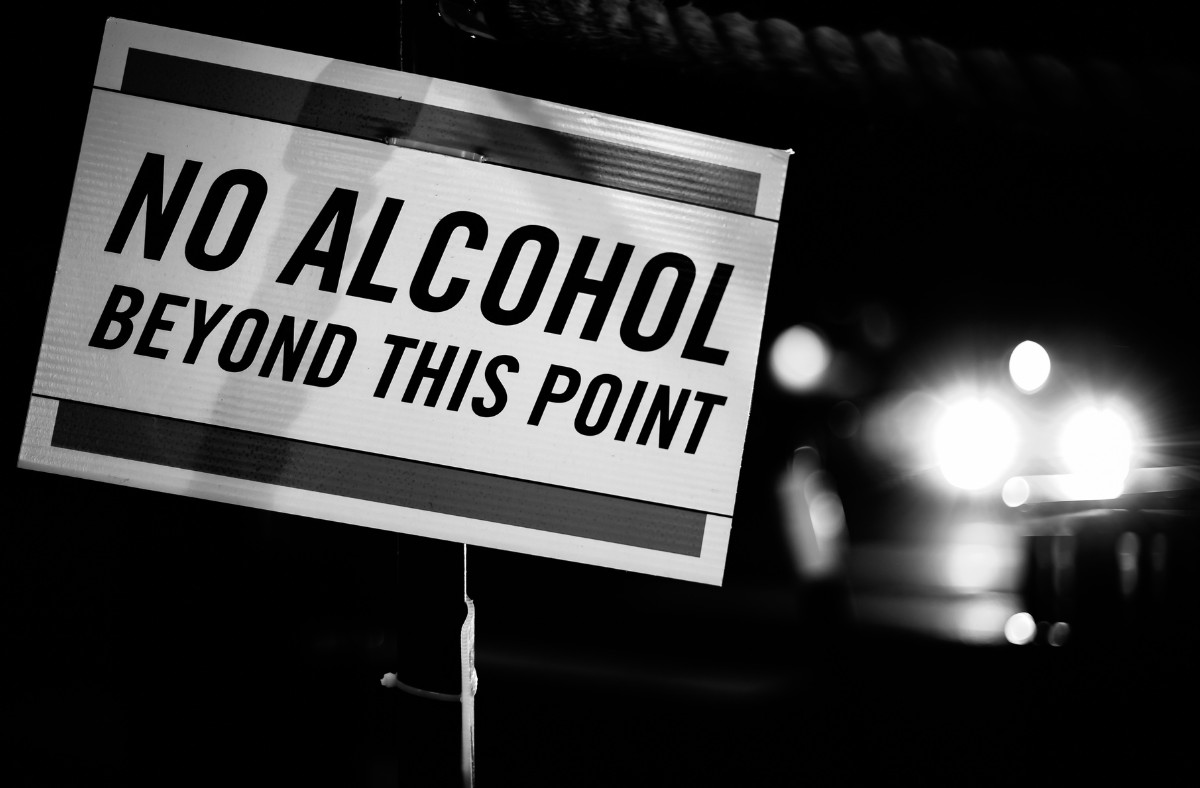Texas has long been recognized as a state with a deeply ingrained gun culture. The Second Amendment of the U.S. Constitution, which protects the right to keep and bear arms, resonates strongly in the Lone Star State. Many Texans view firearms as essential tools for personal protection, hunting, and preserving their individual liberty. However, as firearm ownership continues to expand and evolve, so too does the dialogue around gun safety and regulation. Texas finds itself at a unique crossroads where state laws, public safety concerns, and individual rights intersect.
A History of Texas Gun Laws
To understand the current intersection of Texas law and gun safety, it’s crucial to first examine the historical context. Texas has traditionally adopted a permissive stance toward gun ownership. In the early 1800s, when Texas was a republic and not yet a U.S. state, settlers were expected to be armed, not only for personal defense but also for the defense of the community.
Following the Civil War, Texas began regulating gun use more formally, with laws aimed at restricting open carry, particularly for people of color. The 1871 Act to Regulate the Keeping and Bearing of Deadly Weapons was one of the first major pieces of legislation that banned the public carrying of handguns, a restriction that remained in place for more than a century.
In recent decades, however, Texas lawmakers have worked to scale back restrictions on firearms. In 1995, Texas introduced its concealed carry law, allowing residents to carry a concealed firearm if they obtained a permit. This marked a turning point in the state’s gun policy, one that leaned more heavily toward expanding gun rights. The concealed carry law was followed by the expansion of gun safety laws to include open carry in 2016 and permitless carry (also known as “constitutional carry”) in 2021. These laws reflect the growing belief among Texas lawmakers and citizens that more accessible gun ownership correlates with better personal security.
Firearm Safety Concerns
While Texas has expanded firearm rights, concerns over gun safety have persisted. According to the Centers for Disease Control and Prevention (CDC), Texas consistently ranks among the states with the highest number of gun-related deaths overall. These include homicides, suicides, and accidental shootings. In 2020, Texas saw nearly 4,000 gun-related deaths, with a significant proportion attributed to suicide. Moreover, high-profile mass shootings in places like El Paso, Sutherland Springs, and Uvalde have fueled public debates about how to balance gun rights with safety concerns.
Proponents of stricter gun safety measures argue that the ease of access to firearms in Texas has contributed to a rise in gun violence and accidental shootings. Critics point out that although Texans have the right to carry firearms, the absence of stringent safety regulations, such as mandatory training or safe storage laws, increases the likelihood of accidents, theft, or misuse. While Texas does have some laws aimed at protecting gun safety, like prohibiting felons from owning firearms, the state’s regulations are less restrictive compared to other states.

Key Texas Firearm Laws and Safety Measures
Texas gun laws focus primarily on broad access rather than extensive safety measures. Here are some key legal frameworks in Texas as they relate to firearm ownership and gun safety:
- Constitutional Carry (Permitless Carry):
As of September 1, 2021, Texas residents aged 21 and older can carry a handgun in public without needing a license, provided they are not prohibited by federal or state law from possessing a firearm. This law does away with the need for background checks or gun safety training for carrying handguns in public. While proponents argue this empowers law-abiding citizens to protect themselves, opponents express concern over the lack of required training or background checks for those who carry handguns. - Open Carry:
Since 2016, Texans have been allowed to openly carry handguns in public places, provided they hold a valid handgun license. This law sparked significant debate over whether visible firearms enhance or undermine public safety. Some law enforcement officers have expressed concern that open carry laws complicate policing, as it can be difficult to distinguish between law-abiding citizens and potential threats. - Firearm Background Checks:
While federal law mandates background checks for firearms purchased through licensed dealers, private sales in Texas are not subject to the same requirement. This has led to what is commonly referred to as the “gun show loophole,” where individuals can purchase firearms from private sellers without undergoing a background check. - Safe Storage Laws:
Texas has relatively lenient storage laws compared to other states. The state does not require gun owners to store firearms in locked containers, though it does prohibit children from accessing unsecured firearms. In instances where a minor gains access to an unsecured gun and causes harm, the gun owner may face criminal charges. - Red Flag Laws:
Texas does not currently have a red flag law, which would allow law enforcement or family members to petition courts to temporarily remove firearms from individuals deemed a threat to themselves or others. Efforts to pass such legislation have faced stiff opposition from gun rights advocates who argue that such laws could violate due process rights.
Balancing Rights and Responsibilities
The intersection of Texas law and firearm safety reveals a complex balancing act. On one hand, there is a strong and deeply rooted culture of gun ownership in Texas. Many Texans view guns as essential tools for self defense, and any attempt to restrict access is seen as an infringement on constitutional rights. The Texas legislature has responded to these sentiments by expanding gun rights through laws like constitutional carry and open carry.
On the other hand, the increasing number of gun-related deaths, especially in high-profile mass shootings, has led to growing calls for better firearm safety measures. Advocates for gun safety argue that Texas needs stronger laws, such as mandatory background checks for all gun sales, required safety training, and red flag laws. They believe that these measures do not infringe upon the Second Amendment but rather ensure that gun owners exercise their rights responsibly.
The challenge for Texas moving forward will be finding the middle ground—where the rights of gun owners are respected while also ensuring that public safety is prioritized. This delicate balance will require ongoing dialogue, informed policy decisions, and a willingness to consider both individual freedoms and community well-being.
Texas’ relationship with guns is deep-rooted, and the state’s laws reflect a commitment to protecting the Second Amendment. However, as the conversation around firearm safety intensifies, especially in the wake of tragic shootings and rising gun deaths, Texas finds itself at a crossroads. Striking a balance between individual gun rights and collective safety will remain a key issue in the years to come. The dialogue between rights and responsibilities, safety and freedom, will shape the future of firearm laws and public policy in the Lone Star State.
Texas Court Classes is your best source for court-ordered classes on topics like gun safety, whether you need to take the class for an employer, want to take it for your own knowledge, or have been ordered by a Texas court to take the course per probationary requirements. Our four-hour, self-paced course will teach you about the different types of firearms in Texas, the state and federal laws surrounding guns, storage safety, statistics, and your rights and responsibilities after a weapons charge.



